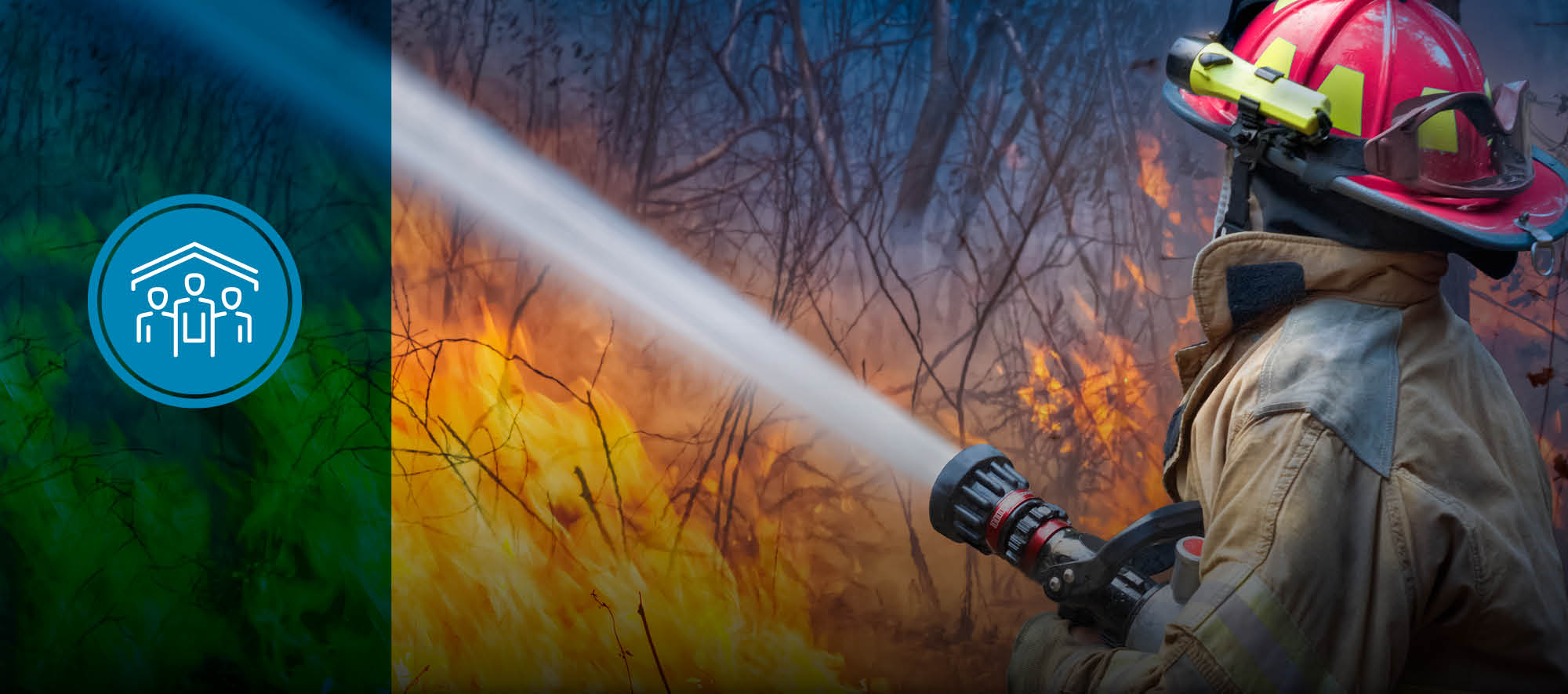Are you a disciplined team player who works well under pressure? Do you enjoy physical training and mechanical work? Firefighting may be a fit for you. MPC offers basic fire academy training as well as advanced coursework for officer and specialist training.
Meet Your Instructors
Staff DirectoryAttend the Girls Firefighter Camp (Ages 14-23)!
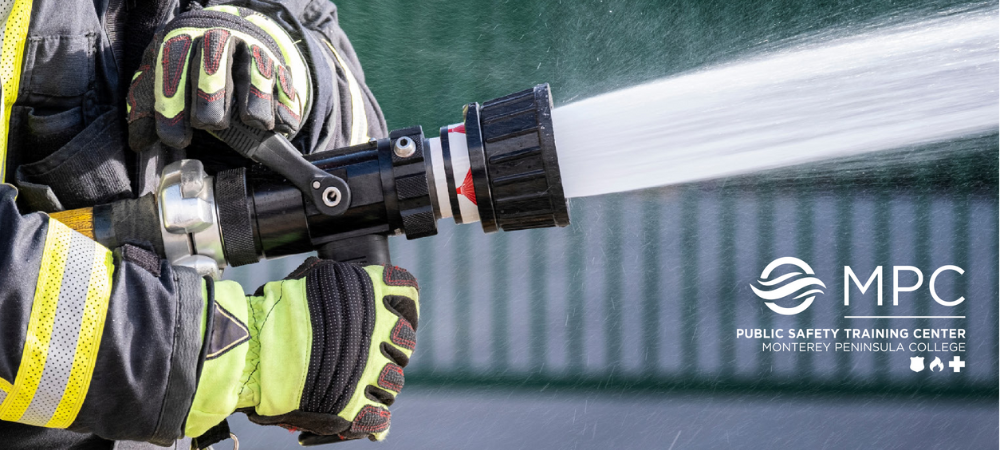
Mastering the Skills That Matter
Fire Academy
Learn academic and practical skills to satisfy requirements for California certification as a Firefighter I or II. Complete our interest form to receive the latest information on upcoming academy schedules.
Prerequisites
Prior to applying, you must
- Obtain a CPR card
- Complete an EMT course
- Pass the Candidate Physical Ability Test (CPAT)
- Pass a physical exam, including a spirometry test
MPC's Emergency Medical Services provides emergency medical care and physical training to prepare for fire academy admission.
MPC’s Introduction to Fire Academy course is recommended, but not required.
A Rigorous Real-World Setting
Fire Academy training requires both academic and physical skills in addition to extra motivation to endure the intensive schedule. View a brief introductory video about MPC’s Fire Academy.
For the past several years, each graduating class has created a short video to illustrate the hard work and dedication required to complete the program. Here’s the latest.
Industry Connections:
Firefighter Academy courses take place at MPC’s Seaside Public Safety Training Center and are taught by local instructors with real-world experience.
The program is overseen by an advisory committee whose members are instructors and local fire agency members.
Fire Protection Career Training
Qualify for advancement within a fire agency or prepare for careers as fire inspectors or investigators in MPC’s Fire Protection Technology courses.
Officer Training:
Learn the skills you need for success as an agency officer, including management of personnel, all-risk command operations for the company officer, and the use of the incident command system.
Fire Protection:
The curriculum includes courses in building construction related to firefighter and life safety, history and philosophy of fire prevention, fire and life safety education, fire investigation, fire suppression systems, and more.
Degrees & Certificates to Choose From
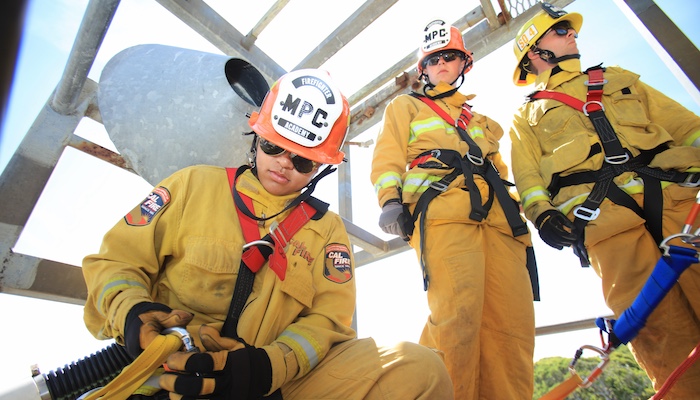
Fire Academy
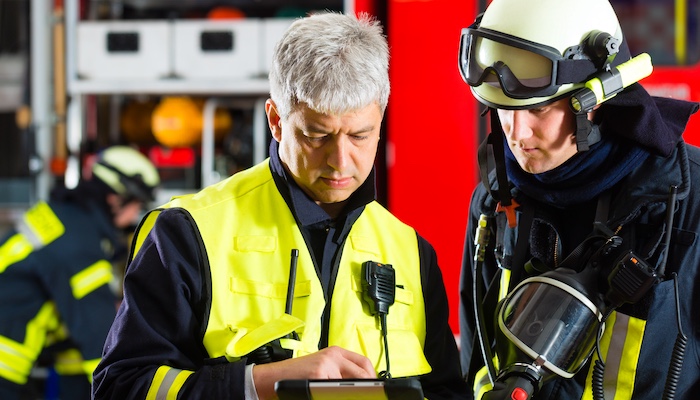
Company Officer
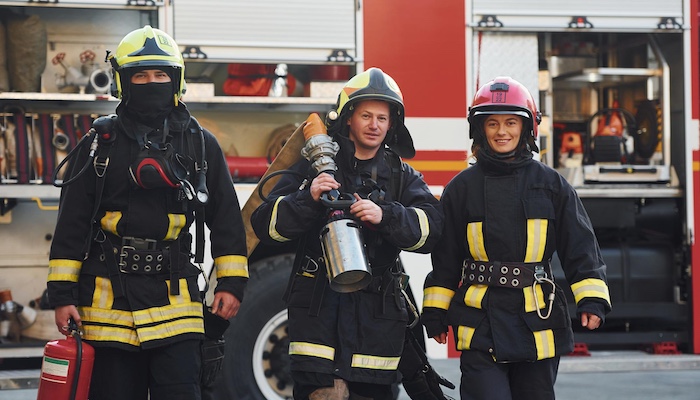
Fire Protection Technology
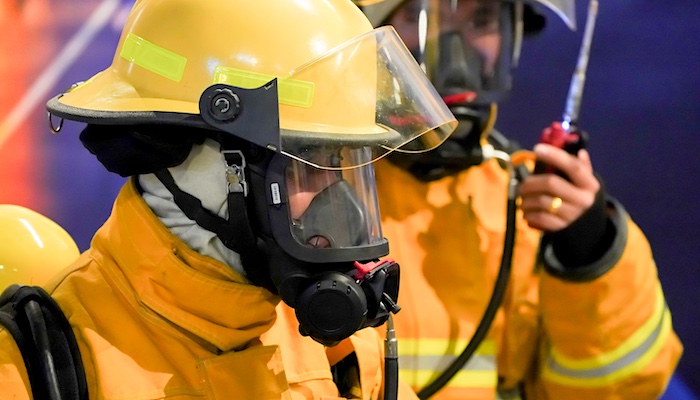
Fire Protection Technology
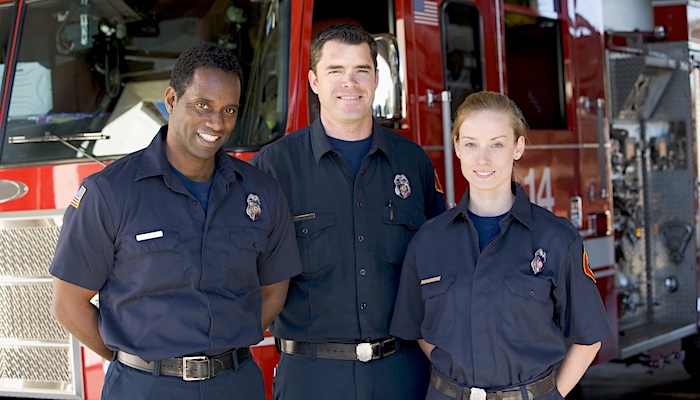
Company Officer
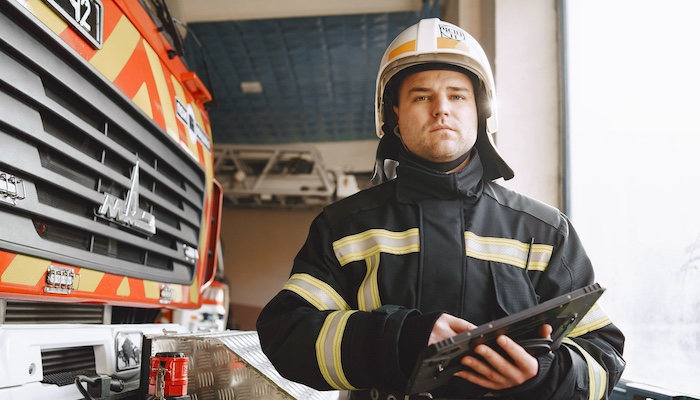
Firefighter Trainee - Field Training
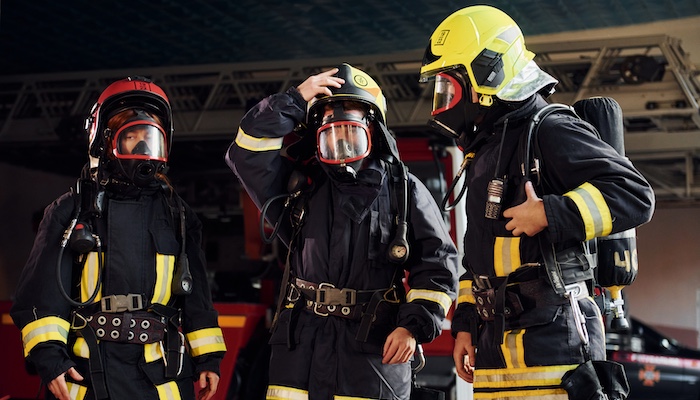
View All Fire Protection Courses
Fire Service Career Information
Physically fit applicants with high test scores and paramedic training have the best job prospects.
Volunteering is another way to gain valuable work experience. There are approximately twice as many volunteer firefighters as there are paid career firefighters.
Volunteer firefighters share the same duties as paid firefighters and account for the majority of firefighters in many areas.
According to the National Fire Department Registry, about 69 percent of fire departments are staffed entirely by volunteer firefighters.
Firefighters typically work long and varied hours. Most firefighters work 24-hour shifts on duty and are off the following 48 or 72 hours. Some firefighters work 10/14 shifts which means 10 hours working and 14 hours off.
When not on the scene of an emergency, firefighters work at fire stations, where they sleep, eat, and remain on call. When an alarm sounds, firefighters respond, regardless of the weather or time of day.
When combating forest fires, firefighters may work for extended periods without time off.
Monterey County Fire Departments
- Cypress Fire Protection District
- Monterey Fire Department
- Pebble Beach Fire Protection District
- North County Fire Protection District
- Monterey County Regional Fire District
- Highlands Fire Protection District
- Mid-Coast Fire Brigade
- Big Sur Fire Brigade
- Seaside Fire Department
- Salinas Fire Department
- Gonzales Fire Department
- Soledad Fire Department
